“Pros” and “cons” when sugary drinks are subject to special consumption tax
Preparing to be submitted to the 15th National Assembly at the 8th Session, the Law on Special Consumption Tax (amended) with the proposal to add sugary soft drinks to the taxable list is receiving special attention from both people and businesses.
 |
| The draft Law on Special Consumption Tax (amended) adds soft drinks according to Vietnamese Standards with sugar content above 5g/100ml to the list of subjects subject to special consumption tax. |
Proposal to impose 10% special consumption tax
In the Draft Law on Special Consumption Tax (amended), the Government stated that the general trend of reforming special consumption tax in many countries around the world today is to expand the tax base. This is to limit the consumption of certain goods that are harmful to public health, children, the environment, or the state needs to regulate consumption, adding some new goods and services to the subjects of special consumption tax (such as sugary soft drinks).
The draft Law adds soft drinks according to Vietnamese Standards (TCVN) with sugar content over 5g/100ml to the list of subjects subject to special consumption tax (tax rate of 10%) to implement the Party and State's guidelines on protecting people's health, recommendations of the World Health Organization (WHO), the United Nations Children's Fund (UNICEF) and the Ministry of Health on the reality of diseases related to sugary soft drinks in Vietnam.
This new policy, according to the Government, aims to promptly prevent and reduce the alarming situation of overweight and obesity in children and adolescents, to prevent and reduce the risk of disease and the medical burden of non-communicable diseases, raise awareness and limit the consumption of sugary soft drinks, bringing benefits to public health, especially for young people, the future generation of the country, in accordance with international practice.
In the Impact Assessment Report of the Law on Special Consumption Tax (amended), the Ministry of Finance (the drafting agency) cited hundreds of figures demonstrating the need to limit the consumption of sugary soft drinks.
For example, many groups of sugary beverages consumed in 2022 grew strongly compared to 2021, specifically carbonated drinks (16.7%), energy drinks (25.5%), fruit and vegetable juices (16.92%), sports drinks (35.6%), ready-to-drink tea (9.8%). These products are expected to continue to grow by 6.4 - 8.7% in the following year.
Meanwhile, the rate of overweight and obesity among Vietnamese children is alarming. Without effective interventions, it is estimated that by 2030, Vietnam will have nearly 2 million overweight and obese children aged 5-19.
The 10% excise tax on sugary soft drinks, according to the Ministry of Finance, increases the price of soft drinks with high sugar content, directing consumers to switch to alternative products or low-sugar soft drinks.
For the state budget, 2026 will increase revenue compared to 2025 by about 2,400 billion VND. However, revenue in the following years will decrease compared to the first year, due to the effect of the tax on sugary soft drinks to raise awareness among consumers (use less) and manufacturers (change formula, produce products with sugar content below the tax threshold).
Another positive impact, according to the Drafting Committee's assessment, is that it will encourage businesses to change the ingredients and formulas for producing soft drinks, reducing the sugar content in the products to avoid tax. From there, it will encourage businesses to produce and import products that are better for consumers' health.
During the preliminary examination, the majority of the Standing members of the National Assembly's Finance and Budget Committee agreed with the addition of soft drink products to the taxable list, and at the same time, requested the Government to clarify the content "according to Vietnamese Standards", because this regulation could lead to difficulties in implementation for imported products that are not produced according to Vietnamese Standards, but still have a sugar content of over 5g/100ml.
Agreeing with the new policy mentioned above, the Ministry of Health however requested the Ministry of Finance to continue researching and supplementing other types of sugary drinks according to the roadmap to match the WHO definition, including drinks containing free sugars, such as carbonated or non-carbonated soft drinks; fruit/vegetable juices and drinks; powdered and liquid concentrates; flavored water; energy drinks and sports drinks; ready-to-drink tea; ready-to-drink coffee and flavored milk drinks.
“According to WHO's definition, there are still some types that are not included in the concept of soft drinks according to Vietnamese Standards,” the Ministry of Health explained.
Negative impact on businesses is not large
According to the Vietnam Beer - Alcohol - Beverage Association, imposing special consumption tax on sugary soft drinks is not feasible in achieving the goal of reducing the rate of overweight and obesity. Because obesity is a complex disease caused by many factors, including excess energy intake, lack of physical activity... Using sugary soft drinks is not the main and only cause.
The association also believes that imposing taxes is ineffective in influencing consumer behavior, due to the substitution effect when consumers can consume other foods and beverages with higher sugar and calorie content than soft drinks, such as milk, milo, and cakes.
- Deputy Prime Minister, Minister of Finance Ho Duc Phoc

Some opinions at the Standing Committee of Finance - Budget also said that, with the goal of contributing to protecting consumers' health, the proposal to only add sugary soft drinks to the taxable list does not fully cover the products that can affect the health of consumers. Because sugary soft drinks are not the only products with sugar content, if only tax is collected on this product, consumers can still consume sugar with higher content from other products (such as cakes, candies, ...), which can easily cause overweight, obesity and potentially affect the health of consumers.
At the same time, these opinions believe that taxing sugary drinks can change consumers' product selection behavior, but it may not achieve the goal of limiting consumption, because people have many other options to replace, such as using sugary products mixed on the spot according to customers' requests. These are products that are very difficult to control sugar content and tax authorities do not have enough basis to collect tax on these beverage products.
The Vietnam Beer - Alcohol - Beverage Association emphasized that the imposition of special consumption tax on sugary soft drinks has a major impact on the directly affected subjects, which are the soft drink industry and related supporting industries, such as sugar cane, packaging, retail and logistics in Vietnam, especially affecting small and medium enterprises.
Putting sugary soft drinks under the special consumption tax category is likely to cause strong reactions from businesses producing, trading, and importing soft drinks, which is also a negative impact that the Agency in charge of drafting the Law on Special Consumption Tax (amended) has taken into account.
However, the Ministry of Finance argues that imposing special consumption tax on soft drinks with sugar content above 5g/100ml will increase the selling price, thereby contributing to reducing the demand for this product. Therefore, in the beginning, it may affect the output, revenue, and profits of enterprises producing and importing this product and related supporting industries such as sugar cane, packaging, and retail.
“However, the proposed tax rate of 10% on the selling price of production facilities will have a modest impact on the retail price of products (increase prices by about 5%), so the negative impact on the production and business activities of enterprises is not large. To reduce the consumption of sugary soft drinks, the retail price of this item needs to increase by 20% or more, equivalent to the special consumption tax rate on the selling price of manufacturing and importing enterprises must be 40%,” the Ministry of Finance analyzed.
In addition, the drafting agency stated that the imposition of special consumption tax on sugary soft drinks is a public health policy, especially a preventive measure to protect and improve public health, especially among adolescents. This contributes to controlling disease risk factors, reducing morbidity and mortality, thereby reducing pressure on the health system and reducing hospital overload.
Source: https://baodautu.vn/loi-va-hai-khi-do-uong-co-duong-chiu-thue-tieu-thu-dac-biet-d226110.html




![[Photo] Prime Minister Pham Minh Chinh chairs meeting to deploy overcoming consequences of storm No. 10](https://vphoto.vietnam.vn/thumb/1200x675/vietnam/resource/IMAGE/2025/10/3/544f420dcc844463898fcbef46247d16)
![[Photo] Students of Binh Minh Primary School enjoy the full moon festival, receiving the joys of childhood](https://vphoto.vietnam.vn/thumb/1200x675/vietnam/resource/IMAGE/2025/10/3/8cf8abef22fe4471be400a818912cb85)



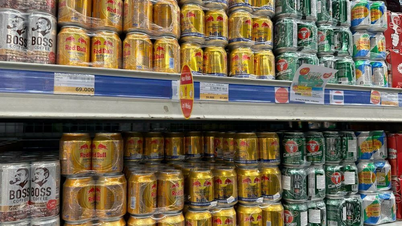

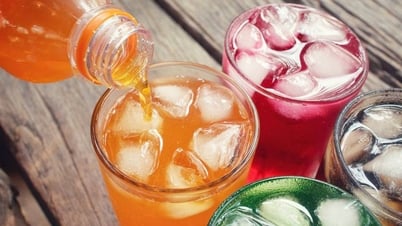

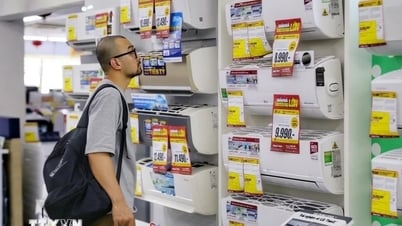

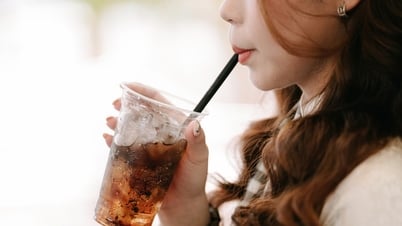
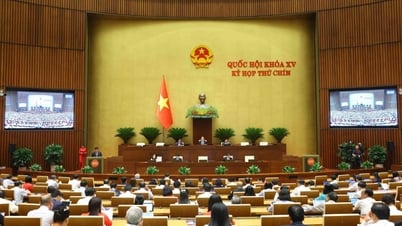



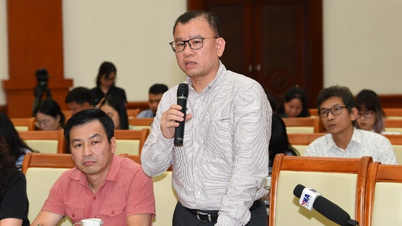



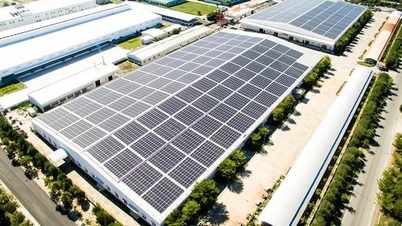



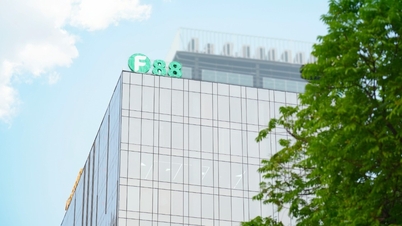




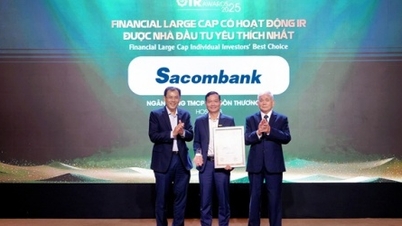

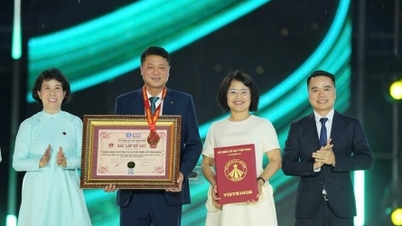
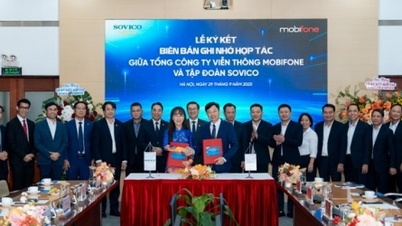
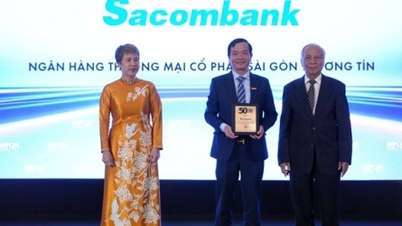











































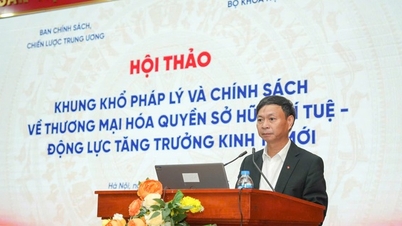

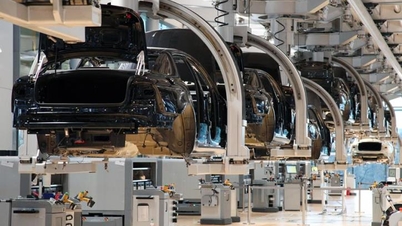




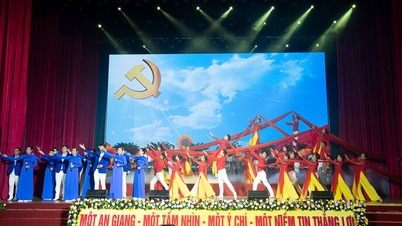

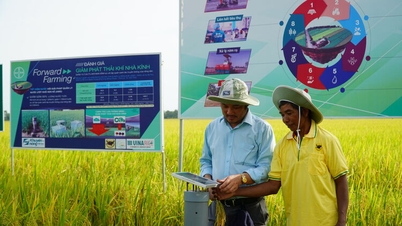

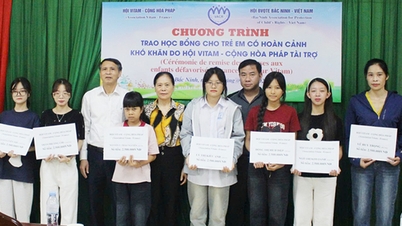












Comment (0)